Results for: placebos
The Ethics of Prescribing Worthless Treatments
Is it ever ethical for a physician to prescribe a treatment to a patient that they know to be entirely without efficacy? Is it ever possible to do this without deceiving the patient to some degree? I think the answer to both questions is a clear “no.” Within the flipped reality of “alternative medicine,” however, it suddenly becomes acceptable to deceive patients...
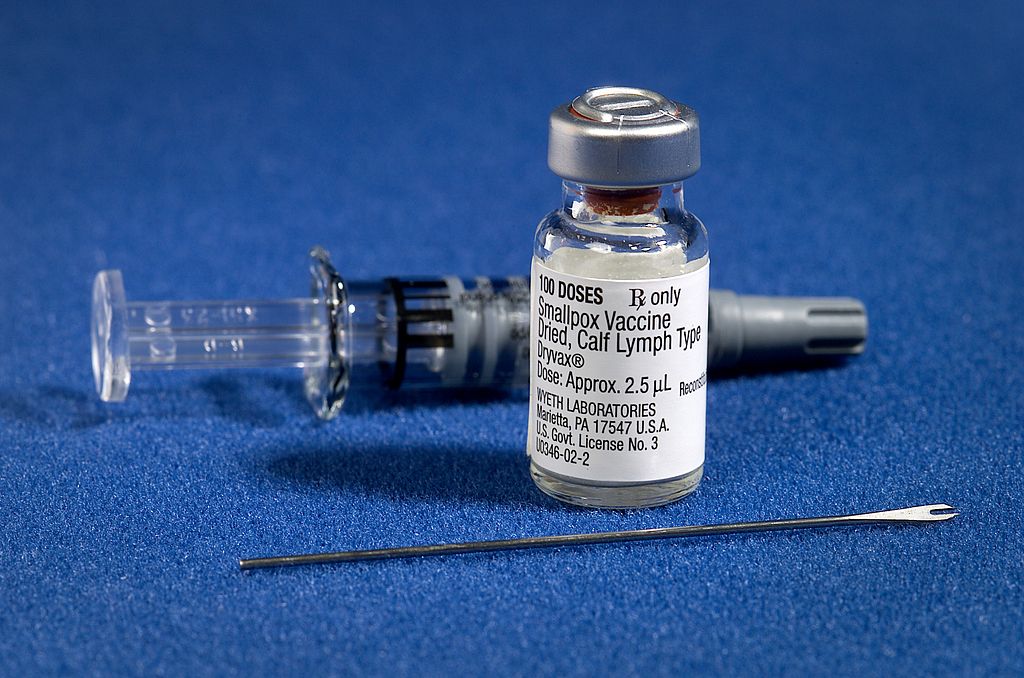
How not to debate a “pro-vaxer”
To say that the relationship that antivaccine activists have with science and fact is a tenuous, twisted one is a major understatement. Despite mountains of science that says otherwise, antivaccinationists still cling to the three core tenets of their faith, namely that (1) vaccines are ineffective (or at least nowhere near as effective as health officials claim); (2) vaccines are dangerous, causing...
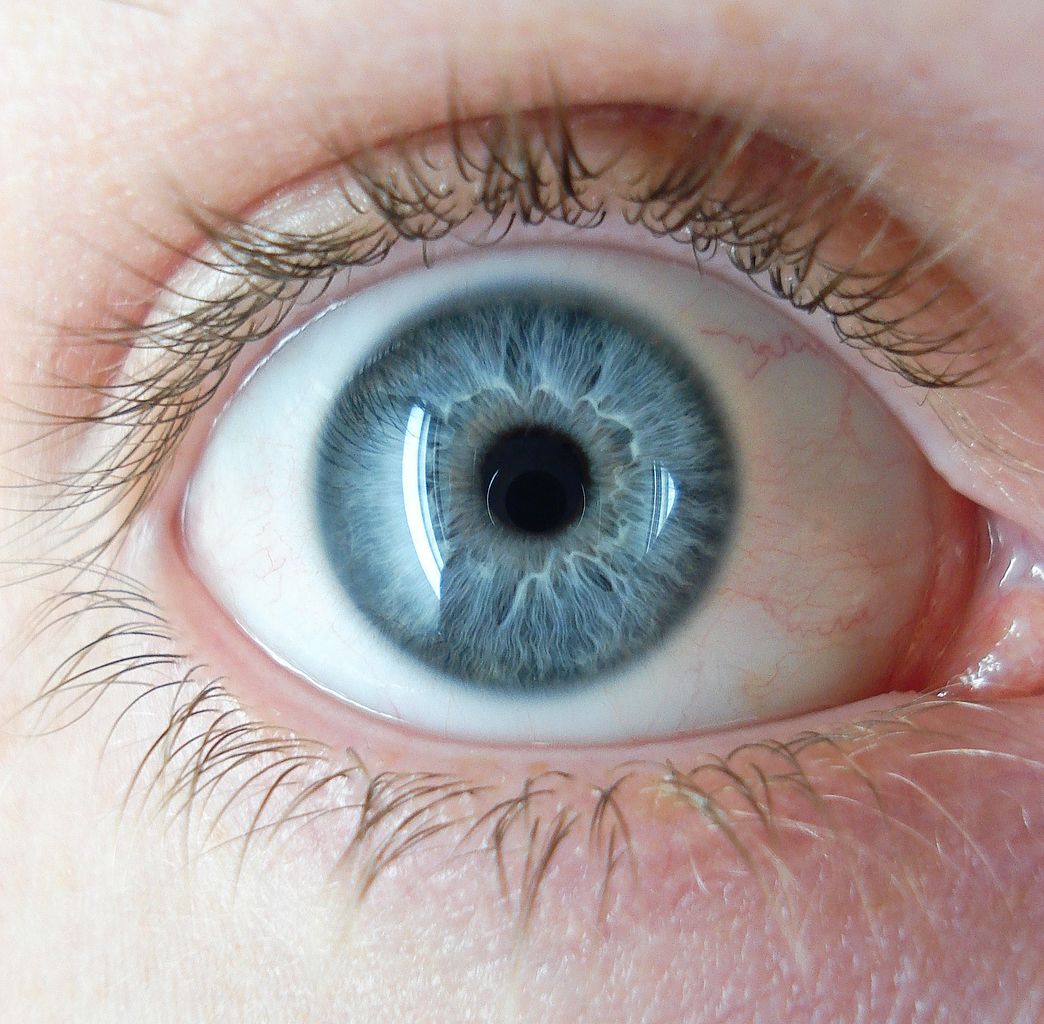
Australian review finds no benefit to 17 natural therapies
A review by the Australian government has assessed the evidence for a variety of natural products covered by private health insurance. Their conclusion was that most lacked clear evidence of clinical efficacy. Hopefully this will end insurance coverage of seventeen different pseudosciences.
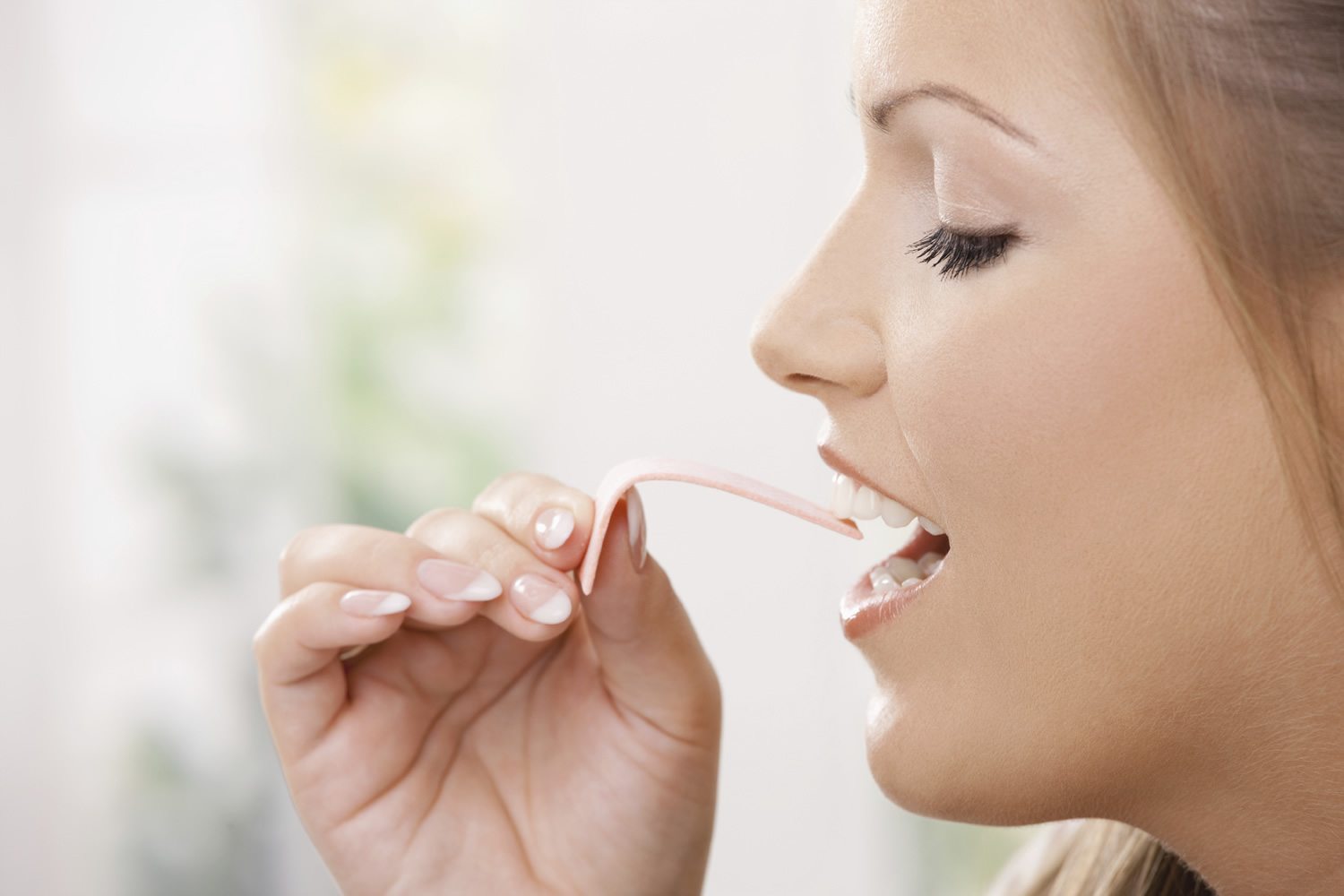
On “integrative medicine” and walking and chewing gum at the same time
Evidence matters. Science matters. However, when advocates of "integrating" quackery into medicine via the vehicle of "integrative medicine" invoke weak science and poor quality evidence in conventional medicine in response to criticism, what they are really doing is deflecting attention away from their quackery. More importantly, advocates of science-based medicine are capable of walking and chewing gum at the same time. We...
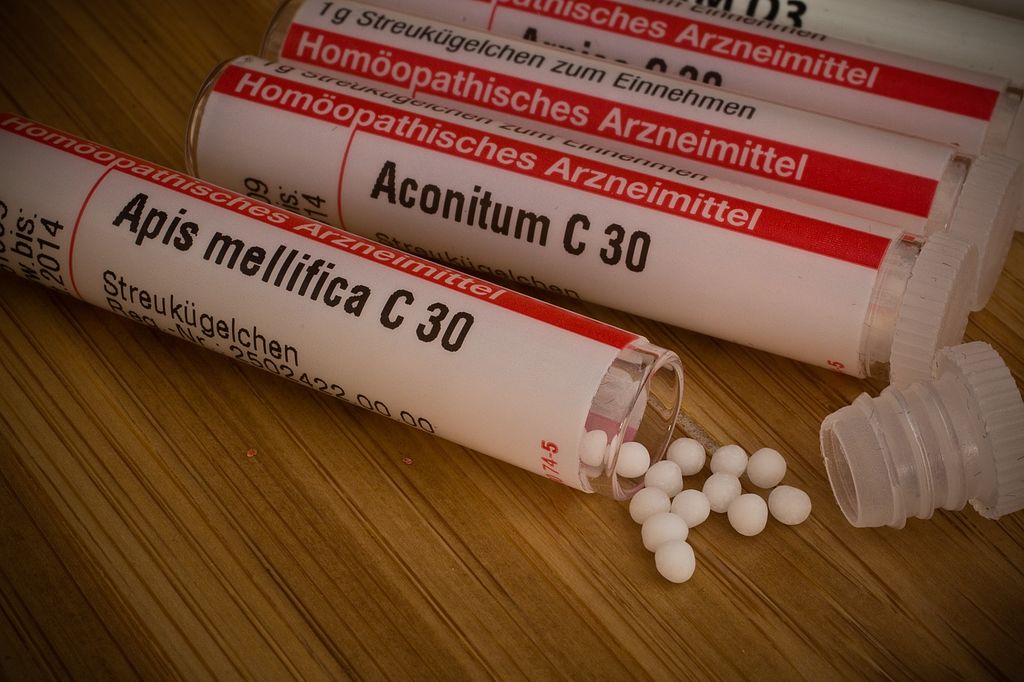
The Worst Homeopathy Study. Ever
I run across a lot of information in my feeds that I need to save for further evaluation. The study “Does additional antimicrobial treatment have a better effect on URTI cough resolution than homeopathic symptomatic therapy alone? A real-life preliminary observational study in a pediatric population“, I saved with the file name, ‘jaw droppingly stupid’. The worst homeopathy clinical trial ever doesn’t...
An Industry of Worthless Acupuncture Studies
Even more interesting to me than the question of whether or not acupuncture is effective for any particular symptom is the meta-question of how acupuncture proponents have managed to promote a treatment with systematically terrible scientific data. A new study provides a fresh example of this, which I will discuss below. I think the behavior of acupuncturists reflects the fact that there...
A homeopathic win for consumers
Do you believe in magic? It might surprise you to learn that some people believe sugar pills have healing properties. This belief system, called homeopathy, is a multi-billion dollar industry worldwide, and it’s growing. While there is no convincing evidence to demonstrate that homeopathic treatments are more effective than a placebo, many consumers and even some health professionals accept homeopathy as a...

Do You Believe in Magic? Oregon Does. Chiropractic and Acupuncture for Pain.
Do You Believe in Magic? Do you believe in magic for a back pains fix How the needles can free her, where ever it pricks And it’s magic, if the chi is groovy It makes you feel happy like an old-time movie I’ll tell you about the magic, and it’ll free your soul But it’s like trying to tell a CAM ’bout...

Society for Science-Based Medicine: Comment to FDA on homeopathic drug regulation
The Society for Science-Based Medicine has commented on the FDA's reconsideration of how to regulate homeopathic products.
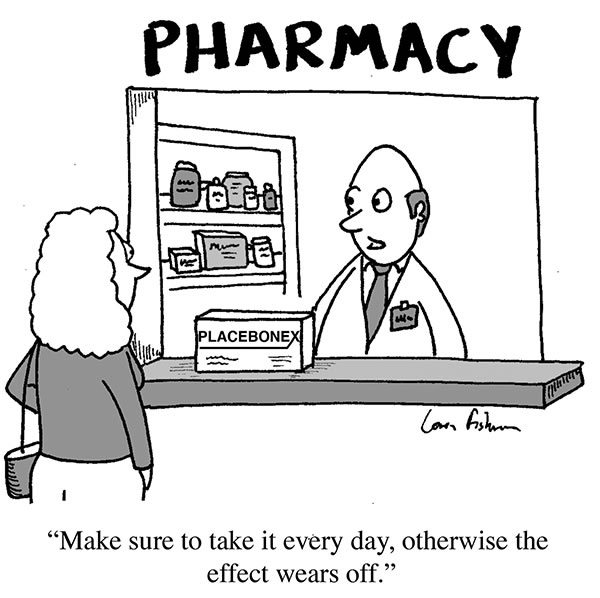
Placebo by Conditioning
Truly understanding placebo effects (note the plural) is critical to science-based medicine. Misconceptions about placebo effects are perhaps the common problem I encounter among otherwise-scientific professionals and science communicators. The persistence of these misconceptions is due partly to the fact that false beliefs about placebos, namely that “the” placebo effect is mainly an expectation mind-over-matter effect, is deeply embedded in the culture....

